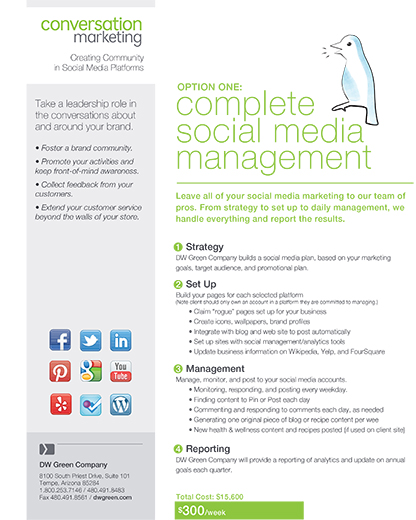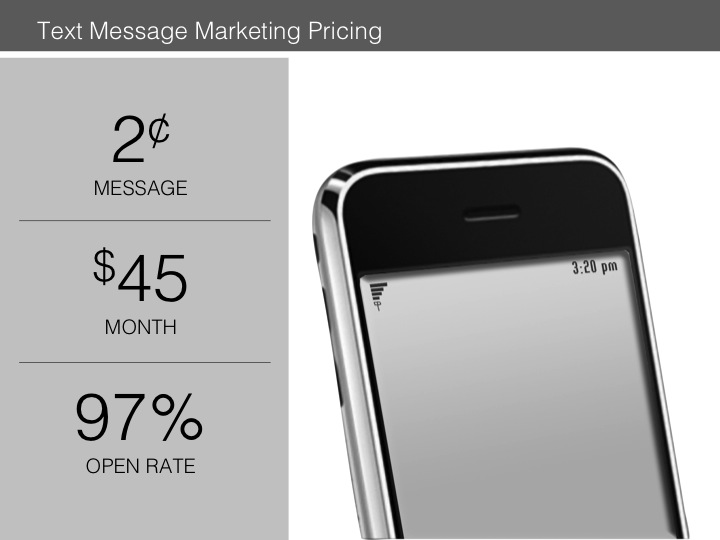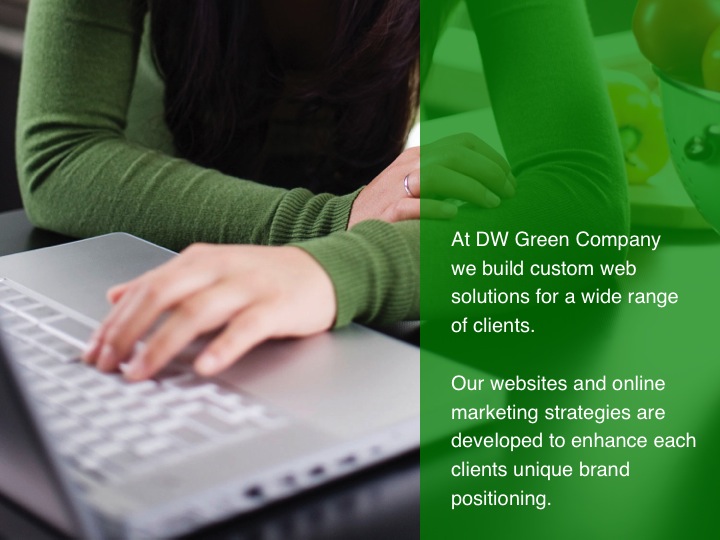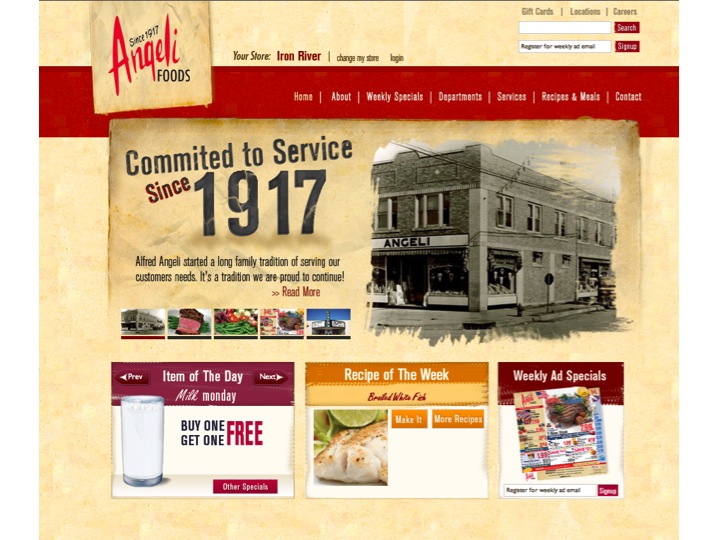Company Blog
Social Media: So What?
by Ryan Joy — January 28, 2010
We’ve previously addressed what social media is and how to get started, yet with anything that’s as hyped as this new platform, the questions that often need addressing are: “Why should I care?” “What does this have to do with my business?” and “What are the benefits?”
A consultant group we respect recently recommended that companies wait to get involved in social media because it changes so often, most companies do it poorly, and there are “no clear and obvious benefits.”
It is true that many get it wrong and that social media is always changing. This is not a reason to avoid the medium, but a warning to enter social media with a plan, and a commitment to doing it right. Social media is unlike any other platform, so there will always be a learning curve—no matter when you start. It will always be a platform in transition. If you’re waiting for it to stand still, you’ll never get started, and companies who avoid the medium are missing an invaluable opportunity. Consider how websites were perceived in the early 90s. Many companies wondered about the value of having a website, but it quickly became apparent that customers expected them to have an informational website, and that a content-rich web presence would prove to be a valuable business tool. It’s likely that social media will follow a similar pattern.

Elden’s Foods shares deals, recipes and Minnesota Vikings’ spirit with Elden’s “fans” on their Facebook page.
The statement that there are “no clear and obvious” benefits does not assert that the benefits of social media are lacking; benefits do not have to be “clear and obvious” in order to exist. This assertion does, however, acknowledge the commonly held concern that there are no clear ways of measuring them.
Many hesitate to participate in social media for this very reason. Because it requires companies to relate to customers and measure ROI in unfamiliar, unconventional ways, it is often perceived as ambiguous or mysterious.
And executives are right to reject any marketing expense that lacks measurable results. When considering social media, however, it’s important to remember that it is possible to measure the results of your social media initiative—you just need to use the appropriate metrics.
These metrics often differ from those of traditional marketing. In addition to tracking the redemption of online-only offers, for example, track the number of followers/fans you have, the number of customer interactions that occurred with your brand via comments, re-tweets, replies, etc., and the number of links to your site that resulted from each post to a social media site. (For example, when you post a Facebook link to this week’s ad, see how many of the visitors to your ad page arrived using the link.)
When considering social media ROI, it is also important to remember that some of the most important factors determining a business’s success simply cannot be captured and tracked on an Excel sheet. How do you measure the strength of a customer’s relationship with your brand, the number of times they mention your store throughout the course of a week, or the passion with which they recommend you to a friend? How do you track the conversion of an occasional customer into a raving fan? The answers aren’t always clear. Yet by defining key metrics, mapping out a social media strategy that supports your existing promotional calendar, and assigning ownership to the right person or partner, your marketing team will remove most of the mystery surrounding this one-of-a-kind activity.
Filed Under: Company Blog





















































